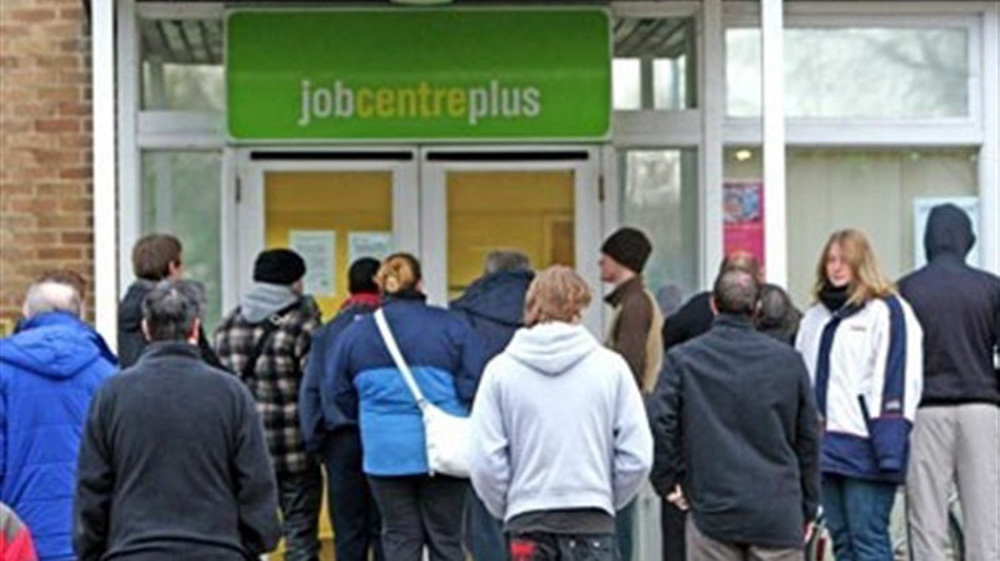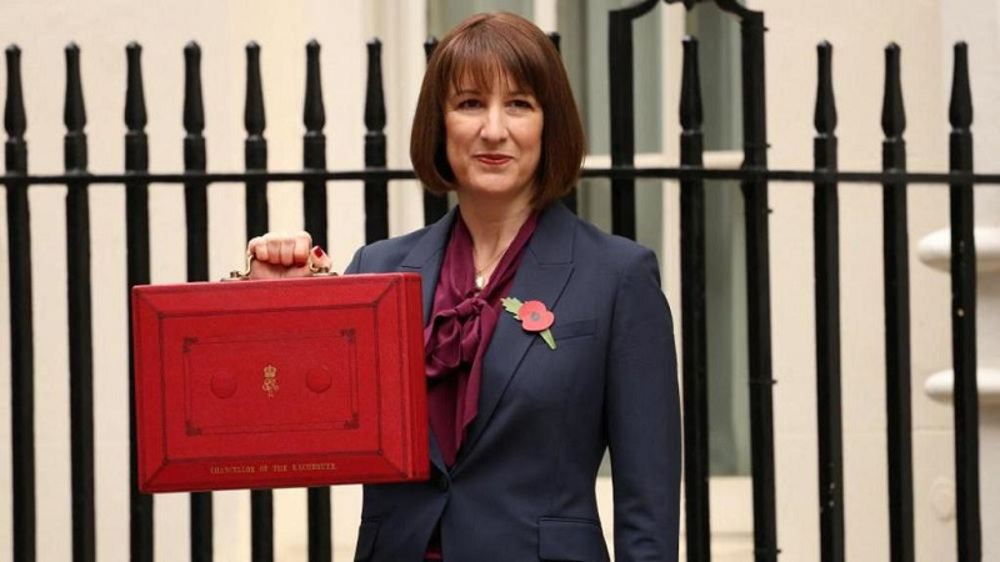Pandemic has had huge impact on employment figures
The coronavirus pandemic has hit the British economy harder than expected with the latest official figures indicating 730,000 job losses since the outbreak began six months ago.
Data released by the Office for National Statistics (ONS) shows 81,000 net fewer people on payrolls in July alone, despite strong support for employers via government loans and the Job Retention Scheme for furloughed workers.
More specifically – in terms of the latest financial quarter (April to June) – the number of people in employment decreased by 220,000 on the quarter, representing the largest quarterly decrease since May to July 2009, at the height of the global financial crisis.
However, the real picture could be much worse as the ONS data does not include self-employed workers.
Nor does it include the millions of workers who are furloughed, those on zero-hours contracts but missing out on shifts, or people on temporary unpaid leave as they still count as employed.
Analyzing the grim figures, Jonathan Athow, deputy national statistician at the ONS, said: "The groups of people most affected are younger workers, 24 and under, or older workers and those in more routine or less skilled jobs”.
"This is concerning, as it's harder for these groups to find a new job or get into a job as easily as other workers", Athow added.
The full financial and economic impact of the pandemic will only become clear once the government withdraws most of the pandemic-related financial and wage support, notably the all-important furlough scheme which is set to be withdrawn at the end of October.
Only last week, the Bank of England warned the jobless rate could climb up to 7.5 percent by the end of the year.
Israel admits assassinating Hamas leader, vows to inflict same fate on Yemeni fighters, people
VIDEO | Yemeni forces repel US-British attack, down F-18 Jet
Iran’s capabilities vast; enemy’s ‘maximum pressure’ policies all failed miserably: Senior official
Iran’s economy grew 2.7% y/y in Sep quarter: CBI
VIDEO | Freelancers in Gaza strive to stay online amid genocide
Mikati demands Israel's withdrawal from south Lebanon
Yemeni army strikes Israeli military sites with drones
‘Clock ticking’: UNRWA slams unjustifiable killing of children in Gaza










 This makes it easy to access the Press TV website
This makes it easy to access the Press TV website